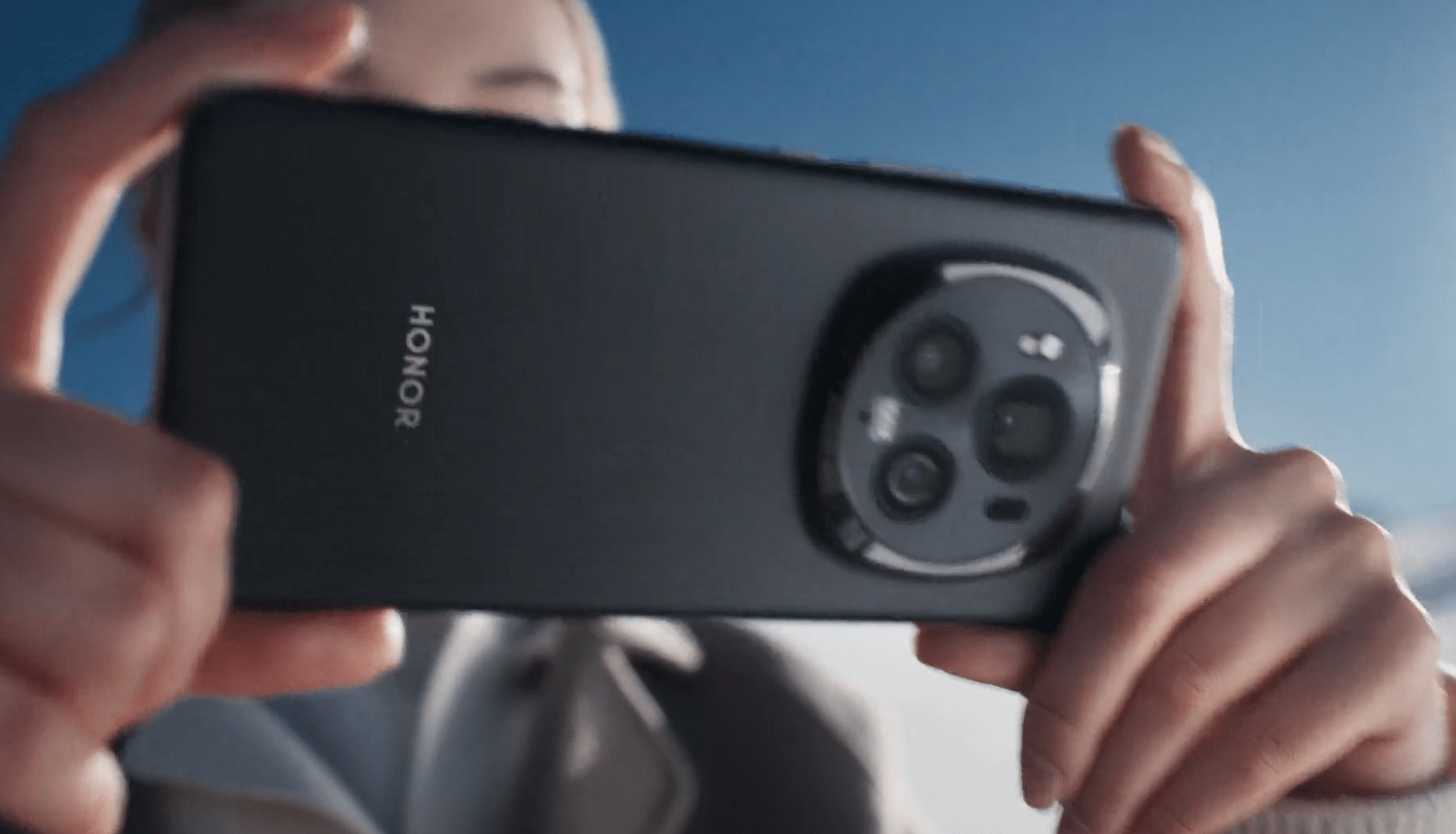In an effort to improve smartphone accessibility, Honor is rolling out a groundbreaking intent-based eye-tracking system. This innovative feature, part of MagicOS 8.0, empowers individuals with limited mobility, such as those suffering from Amyotrophic Lateral Sclerosis (ALS), to interact with their devices through eye movements. By leveraging AI, the system makes smartphone navigation more natural and intuitive, offering a new level of independence for users with disabilities.
How It Works Honor’s eye-tracking technology is described as “intent-based” because it utilises artificial intelligence (AI) to interpret the user’s intended actions. By tracking eye movements, the AI can predict what the user wants to do, from scrolling through pages to opening apps. This technology has the potential to greatly enhance accessibility for ALS patients, particularly in the later stages of the disease when they may lose control of most motor functions but can still move their eyes.
A Milestone for Accessibility During a demonstration at Mobile World Congress (MWC), the system was showcased on the Magic 6 Pro smartphone, leaving a strong impression on the tech community. Honor’s innovation is a major step forward for inclusivity, enabling people with physical limitations to engage with their devices in ways that were previously impossible.
This feature is expected to be available on multiple devices globally, though Honor has yet to confirm which models will support it. Nonetheless, any device running MagicOS 8.0 is likely to benefit from this cutting-edge technology.
Looking Ahead: Brain-Computer Interface Honor is also developing a brain-computer interface (BCI), a futuristic system that would allow users to communicate with devices via brain signals. While still in its early stages, this BCI technology could open even more doors for people with limited mobility, offering a glimpse into the future of human-device interaction.
Social Awareness and Advocacy To accompany the launch, Honor is running the #HONORtheChallenger social media campaign, aimed at raising awareness for ALS. Endorsed by high-profile athletes like Nile Wilson, this campaign has garnered significant attention across platforms like YouTube, Instagram, TikTok, and Facebook, with a global engagement of over 11 million.
Honor’s intent-based eye-tracking system is a monumental leap in making smartphones more accessible. By incorporating AI to simplify user interaction, Honor is not only enhancing the experience for those with disabilities but is also leading the charge in human-centric technology. With future developments like the brain-computer interface on the horizon, Honor is committed to pushing the boundaries of innovation for a more inclusive future.
